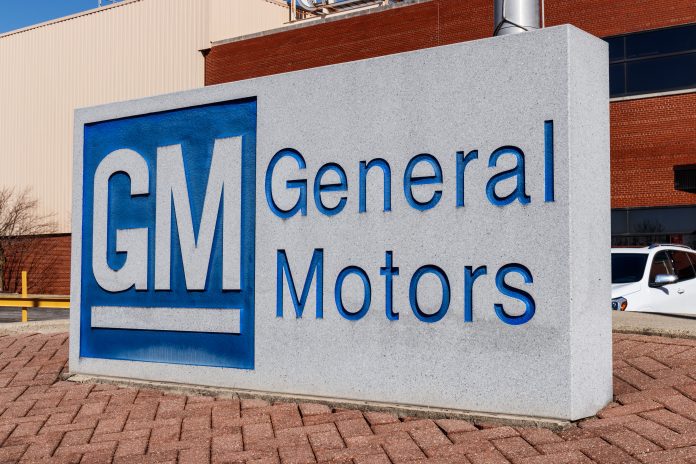General Motors (GM) reported second-quarter profit and revenue today that surpassed Wall Street expectations. It raised its annual profit forecast for the second time this year, driven by robust pricing and demand for gas-powered trucks. The Michigan automaker relies heavily on its gasoline-engine offerings to sustain its profits during a slower-than-anticipated shift to electric vehicles (EVs).
GM increased its adjusted pre-tax profit projection for the year to $13 billion to $15 billion, up from its previous range of $12.5 billion to $14.5 billion. The company’s revenue for the three months reached $48 billion, exceeding analysts’ consensus of $45.5 billion.
Despite a recent cyberattack that temporarily affected auto dealership sales across the U.S., GM reported a 14% increase in net income over the year-ago period to $2.9 billion.
CFO Paul Jacobson noted, “We’re encouraged by the early results we’re seeing in EVs now that we can build at scale.” However, GM has adjusted its EV targets, now projecting to produce up to 250,000 units in 2024, down from a prior forecast of 300,000. The automaker also decided not to reiterate its target of achieving 1 million units of EV production capacity in North America by the end of 2025.
The company continues to ramp up production of the Chevrolet Equinox EV and plans to launch several new battery-powered models in the coming months. Despite its EV ambitions, GM plans to introduce plug-in hybrids in 2027, following the trend of its rival Ford, which has seen significant increases in hybrid sales.
Additionally, GM’s Cruise self-driving unit will focus on developing a next-generation Chevrolet Bolt rather than its futuristic Origin vehicle, which would lack traditional human controls.
GM has received a $500 million boost from the Biden administration to convert a Michigan gas-engine vehicle assembly plant for EV production. However, the upcoming U.S. presidential election in November may influence GM’s future EV plans, as former President Donald Trump has criticized President Joe Biden’s EV policies, including significant government subsidies.
“We remain committed to making significant changes in our operations to turn around our performance in China,” Jacobson said, acknowledging the need for further action to address the company’s challenges in the Chinese market.
Ford is set to release its second-quarter results tomorrow, which may provide additional insights into the automotive industry’s competitive landscape.




